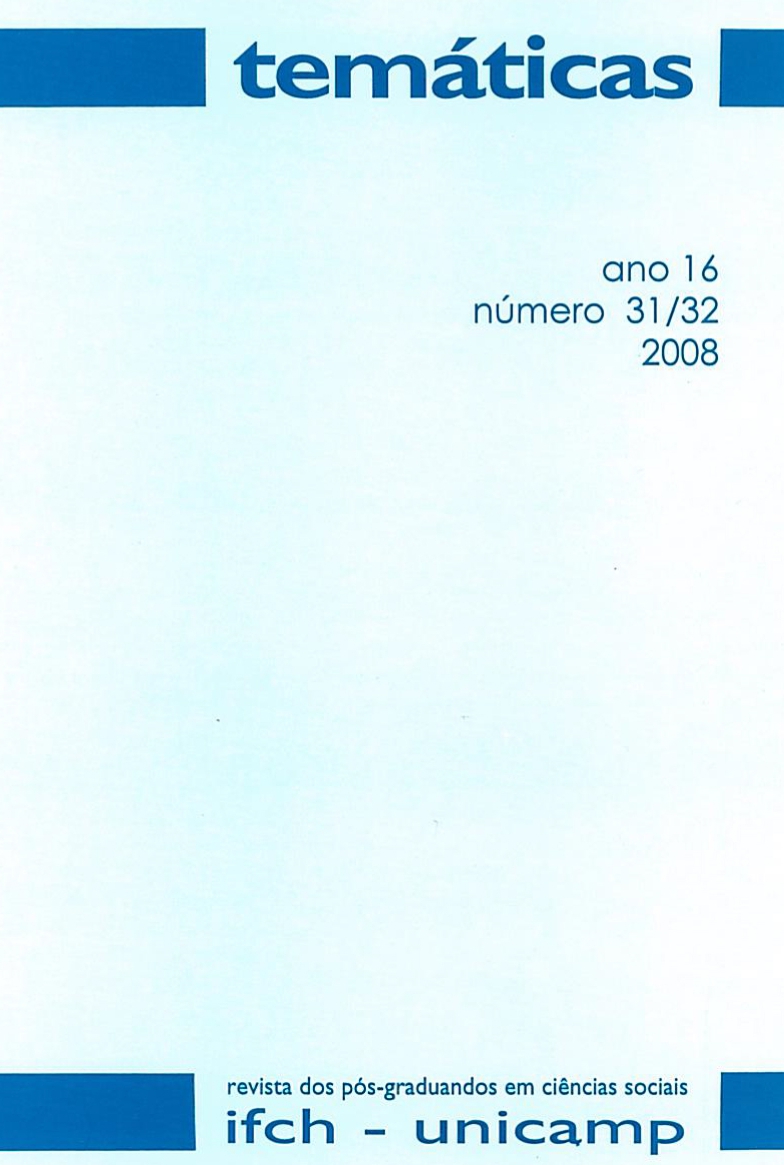Abstract
In this work I suggest to research the ethnofiction production — which is a specific style of ethnographic film — in terms of the outcome of the ethnographic encounter. The idea is to emphasize the central role of the subjective dimension in the ethnofiction construction process. The association of the ethnofiction to a representation mode implies a specific relation between the anthropologist and the actors-subjects of the research. Through film analysis, as the present text is characterized, I establish some connections between the ethnofiction's creation process and the theme on the anthropologist's authority position in face of his subjects. For this purpose, I compare some scenes of the two ethnofictions under consideration: La Pyramide Humaine, by Jean Rouch (1961), and Transfection, by Johannes Sjóberg (2007). This task points out the character of the relationship produced by the creative process: it is reflexive, improvised and shared.
References
GRIMSHAW, A. The anthropological cinema of Jean Rouch In: The etbnographer eye. Cambridge: Cambridge Unive rsity Press, 2001, p.90- 120.
LOIZOS, Peter. Challenging documentation-realism: the carly experiments by Jean-Rouch. In: Peter Loizos. Inuovation in etbnographic film. Chicago: University of Chicago Press, 1993, p.45-66.
MACDOUGALL, David. Introduction: Meaning and being. In: The corporeal image. Princeton: Princeton University Press, 2006, p.1-9.
ROUCH, Jean. The câmera and man. In: Paul Hockings. Principles of vismal anthropology. Berlin; New York, 1995, p.79-98.
SJÓBERG, Johannes. The ctnofiction in theory and practice. Part 1. NAEA Network, w.13.3a, p. 1-10, ago.2006a.
SJÓBERG, Johannes. The etnofiction in theory and practice, part 2. NAEA4 Network, v13.4a, p. 1-13, dez.2006b.
SZTUTMAN, Renato. Jean Rouch: um antropólogo-cincasta. In: Silvia Caiuby Novaes et al. (Orgs.). Escrituras da imagem. São Paulo: Edusp; Fapesp, 2004, p.49-62.
SZTUTMAN, Renato. Jean-Rouch c o cinema como subersão de fronteiras. In: Sexta Feira. Antropologia artes humanidades. São Paulo: Pletora, n.1, p. 23-30, 1997.
SZTUTMAN, Renato e SCHULER, Evelyn. À louca maestria de Jean Rouch (Entrevista). In: Sexta Feira. Antropologia artes humanidades. São Paulo: Pletora, n.1, p. 12-22, 1997.
YAKIR, Dan e ROUCH, Jean. “Ciné-transe”: the vision of Jean Rouch: an interview. Fily Quarterly, v.31, 0.3, p. 2-11, 1978.

This work is licensed under a Creative Commons Attribution-NonCommercial-ShareAlike 4.0 International License.
Copyright (c) 2008 Andréia Aparecida Ferreira Lopes

